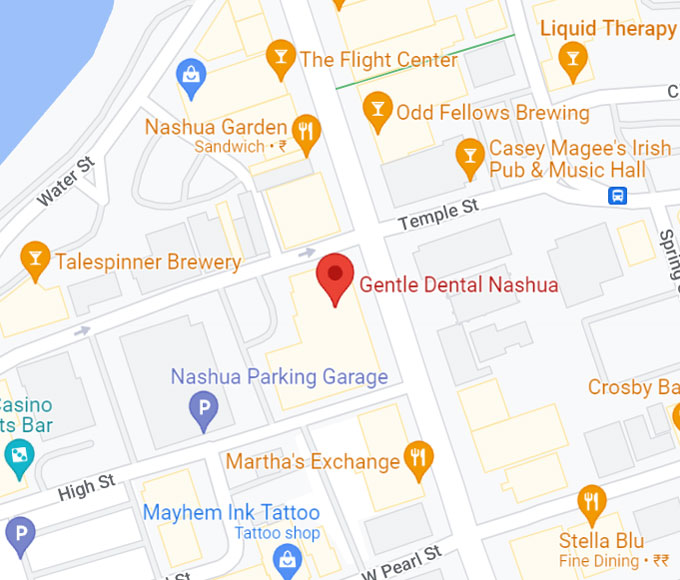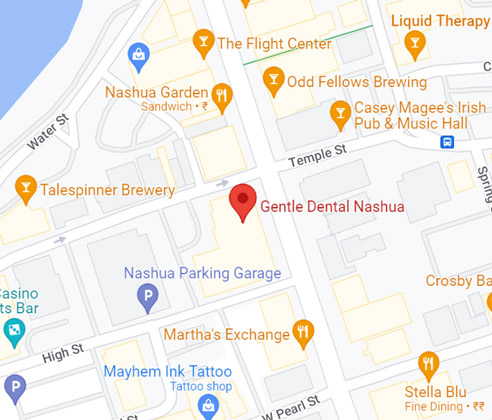Why Wisdom Teeth Need Removal?
Wisdom teeth, or third molars, often require removal because they can lead to a variety of complications as they emerge. These teeth are the last to develop and may not have enough room to properly align within the mouth, leading to potential issues:
Infection: Partially erupted wisdom teeth can create pockets around the tooth where bacteria can gather, leading to painful, recurrent infections and serious gum disease. These infections not only cause discomfort but can also affect overall health.
Cyst Formation: The development of wisdom teeth can lead to the formation of cysts around the new teeth’s sac. These cysts can be harmful, causing damage to the jawbone, teeth, and nerves, and in rare cases, lead to the development of benign tumors.
Potential Crowding: As wisdom teeth attempt to find space in a crowded mouth, they can force other teeth to shift. This can disrupt the alignment of your teeth, necessitating corrective orthodontics or other dental treatments to restore alignment and functionality.
Damage to Adjacent Teeth: If wisdom teeth grow at an angle, they can impinge on adjacent teeth. This can result in decay in areas that are hard to clean or significant damage to the neighboring teeth's structure, which might require further dental work by an oral or maxillofacial surgeon.
Impaction: Wisdom teeth that are unable to fully emerge are known as impacted teeth. This common condition, often addressed by oral surgeons, can lead to chronic pain, inflammation, and infection.
Removing wisdom teeth proactively with the help of an oral or maxillofacial surgeon can prevent these issues, preserving your oral health and ensuring your dental alignment remains unchanged. Early removal is often recommended to avoid more complicated surgeries later on, as younger individuals typically recover from extractions faster than older adults.





